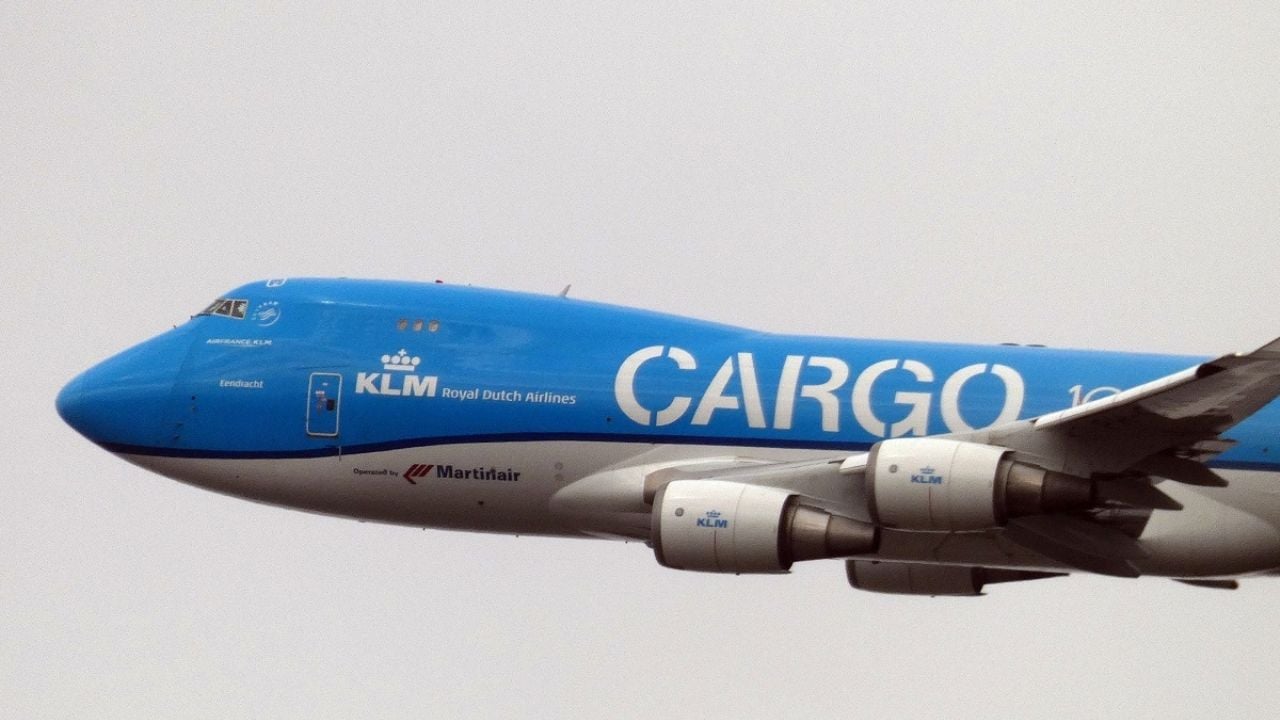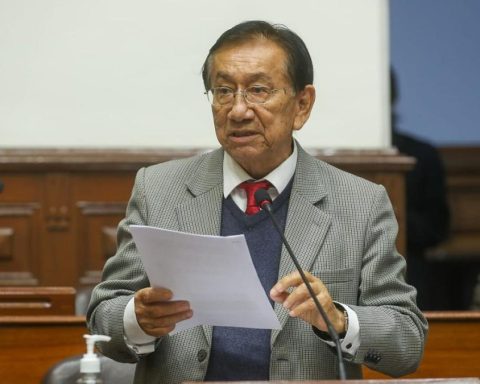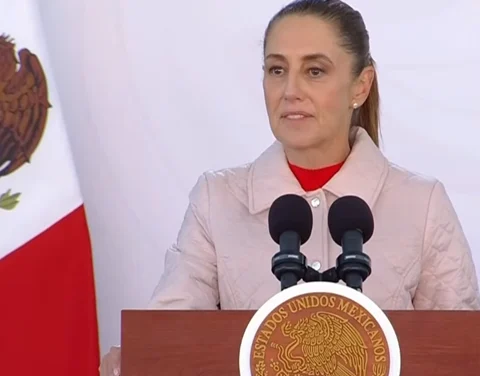The situation at Aerolíneas Argentinas has become increasingly tense, with the pilots promising new measures of “greater impact” and the company calling the board of directors to discuss the possible expulsion of union member Pablo Biró.
This conflict has captured national attention and has generated a series of reactions both in the political sphere and in the general public. The conflict between the pilots and Aerolíneas Argentinas is not new, but it has climbed significantly in recent weeks.
The Association of Pilots Aerolíneas Argentinas (APLA), led by Pablo Biró, has been in a constant dispute with the company over salary issues and working conditions. The situation worsened when Aerolíneas Argentinas decided to fire three pilots who refused to fly a plane without passengers to the United States, where it was to be returned after its rental period ended.
Last Friday and Saturday, APLA and the Association of Flight Attendants (AAA) carried out a 24-hour strike that resulted in the cancellation of more than 300 flights and affected approximately 37,000 passengers. This strike not only impacted Aerolíneas Argentinas, but also caused delays in other airlines due to assemblies held by other unions at key airports such as Aeroparque and Ezeiza.

In response to these measures of force, Aerolíneas Argentinas has called its board of directors to discuss the possible expulsion of Pablo Biró from the union. The company argues that the actions of Biró and APLA are seriously damaging its operations and passenger confidence.
In addition, Aerolíneas has offered a cumulative salary increase of 10.8% for the period from June to August, an offer that has been rejected by the pilotswho demand a 70% recomposition. Pablo Biró has been clear in his position, stating that the strike measures will continue and that the conflict will not be resolved until an appropriate salary adjustment is agreed upon and the dismissed pilots are reinstated.

Discontent
In a statement, APLA said: “What must be clear is that no one is left behind and the conflict ends when the amount of salary adjustment is agreed upon, and ALL the sanctioned colleagues (warnings, suspensions, dismissals) are in their jobs and these disciplinary measures are reversed.“.
Passengers of Aerolíneas Argentinas and other airlines operating in the country have been the most affected by this conflict. Cancellations and delays have generated great frustration and have highlighted the fragility of the air transport system in Argentina. Many passengers have expressed their discontent on social media and in the media, demanding a prompt resolution of the conflict.


















